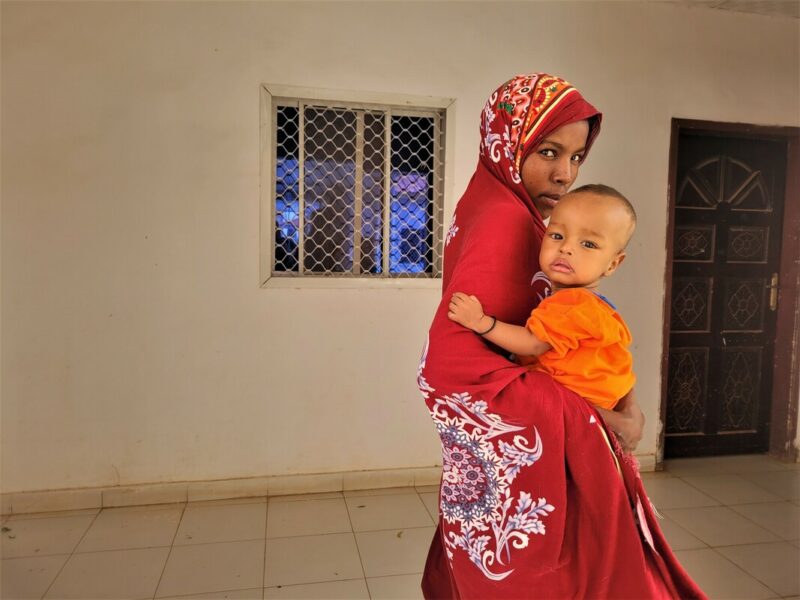Only one woman for every three men is being vaccinated against COVID-19 in some countries, the international aid organisation CARE is warning.
New research from CARE sheds light on how vaccination rates, availability and hesitancy differ between men and women in 16 low-income countries.
CARE’s head of health advocacy, Christina Wegs, said the findings were a reversal of what’s happening in high-income countries.
“In high-income countries, we’ve generally seen slightly more women getting vaccinated, and more vaccine hesitancy among men.
“In many low- and middle-income countries, this picture is reversed. In places where health resources are scarce, too often men’s wellbeing is seen as more important than women’s.”
In India, for example, only 37% of people getting the vaccine are women. In South Sudan only 26% of people getting the vaccine are women, and as a result women make up 70% of people who test positive for COVID-19.
The women surveyed told CARE there were a range of reasons they weren’t able to get vaccinated: difficulty getting to health clinics, lack of permission from husbands and other male relatives, and a lack of information.
In Iraq, for example, 50% of men surveyed said they knew how to register for a vaccine, but only 30% of women had this information.
Women were also less likely than men to trust the vaccine, often out of fears about fertility. In one district in Malawi, for example, women were four times less likely to trust the vaccine (10%) than men (40%).
Ms Wegs said low vaccination levels amongst women were particularly concerning given women make up 70% of the world’s health workers.
“Women truly are on the frontlines of this pandemic, and you would expect to see health workers vaccinated first in order to protect the community as a whole,” Ms Wegs said.
“Unfortunately, too many women health workers in low-income countries work in unpaid, informal roles, — as ‘community health volunteers’ — so they’re slipping through the cracks.”
Ms Wegs said CARE’s research adds another dimension to our understanding of how COVID-19 vaccination is quickly becoming a story of inequality.
“While wealthy countries are reaching 70% or 80% vaccination, opening up and getting back to normal, less than 2% of people in low-income countries are vaccinated. This research shows there’s a gendered dimension to this injustice too.
“Being safe from COVID-19 shouldn’t depend on whether you’re rich or poor, and it certainly shouldn’t depend on your gender.”
Images are available for download from CARE’s image library.
For media enquiries, contact Iona Salter on 0413 185 634.

